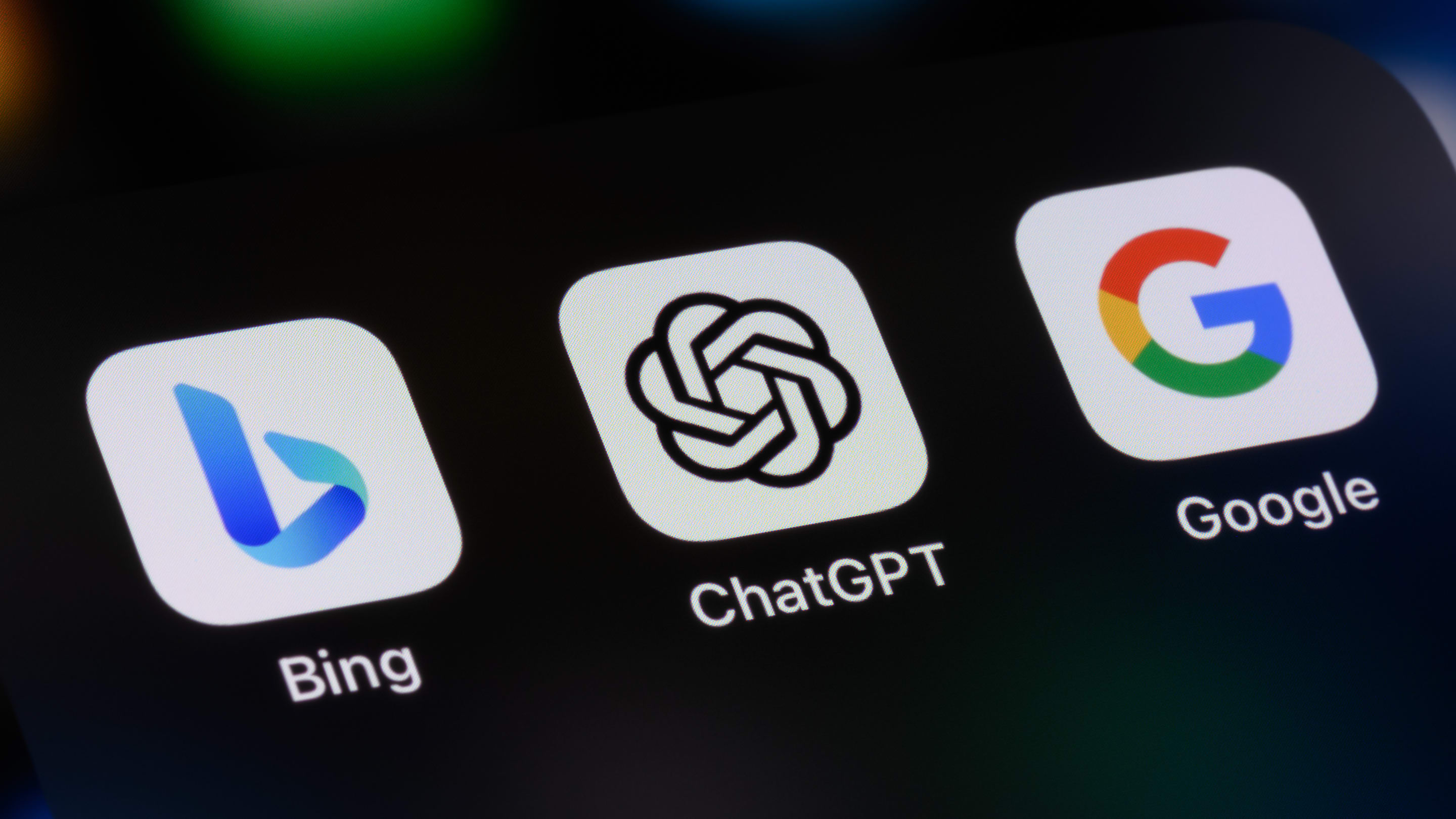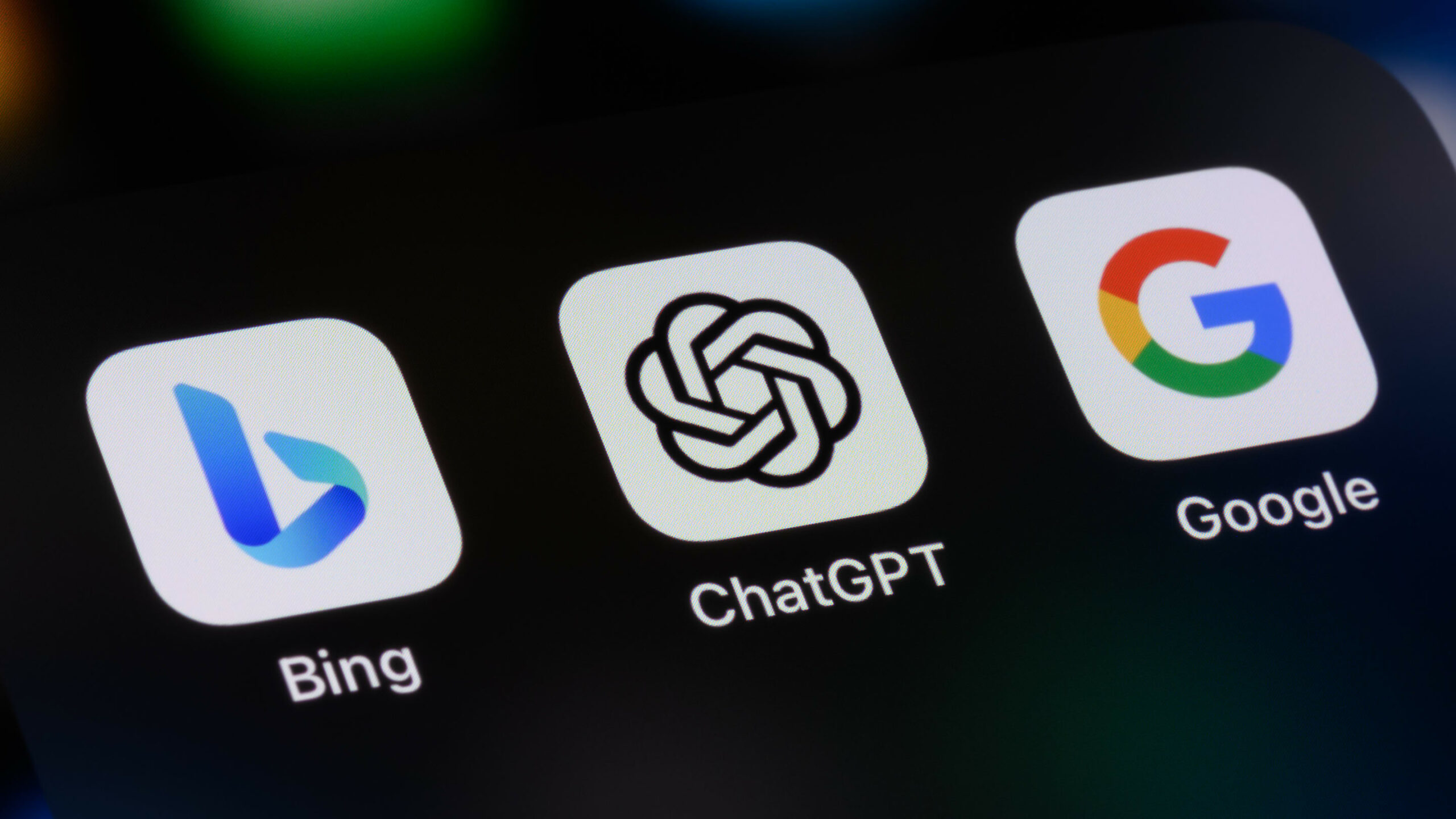“Revealed: Shocking Flaws in AI News Summaries That Could Mislead Millions!”
Artificial Intelligence (AI) has become the digital age’s equivalent of a jack-of-all-trades—or should I say jack-of-all-mistakes? Sure, it can whip up emails and even assemble websites like a caffeinated intern, but when it comes to nailing down hard facts, it often falls flat. Hot off the presses, a new study by the BBC pulls back the curtain on how well— or rather, how poorly—AI tools like OpenAI, Google Gemini, Microsoft Copilot, and Perplexity perform at summarizing news. Spoiler alert: turns out, they’re not winning any accuracy awards. With a staggering 51 percent of answers riddled with major errors, it’s clear we’ve got a long way to go before trusting our digital assistants to give us the scoop. So, if you’ve ever felt uneasy about relying on AI for your news fix, you’re not alone—let’s dive into the findings! [LEARN MORE](https://www.bbc.com/news/articles/c0m17d8827ko).

Artificial Intelligence (AI) has been a hot topic in recent years. While the tool can streamline certain tasks, such as email writing, website building, and code creation, it’s far from perfect. In fact, a new BBC study shows that AI has a long way to go when it comes to delivering accurate news to readers.
The BBC report [PDF] looks at news summaries generated by four major AI assistants: OpenAI, Google Gemini, Microsoft Copilot, and Perplexity. The outlet asked them 100 news-related questions, prompting them to use its publication as a source as much as possible. BBC journalists who were experts on the topics reviewed the answers, considering factors like accuracy, fairness, and representation.
The journalists found that 51 percent of all AI responses had major errors. Additionally, 19 percent of AI answers regarding BBC-specific sources had “incorrect factual statements, numbers, and dates,” and 13 percent of quotes were either altered or absent from the original article.
An example of such errors includes Google’s Gemini stating that the UK’s National Health Service {NHS} advises people not to vape as a way to quit smoking when the organization does indeed recommend this method to drop the habit. Another example includes a misrepresentation of the Gisèle Pelicot case by Microsoft’s Copilot. The AI stated that the French woman only discovered she had been the victim of sexual violence when she started having blackouts and memory loss. In reality, she didn’t find out about the attacks until police showed her video evidence.
According to Life Hacker, the BBC lifted its restrictions on AI access to its website to conduct this study. The news source has since re-enacted the restriction, though it isn’t against lending its information to artificial intelligence in the future. The BBC says it will work with AI companies to “rectify the issues {it has} identified.”
This situation recalls another incident involving the BBC and Apple Intelligence. Last year, the tech giant rolled out a feature for iPhones that sent AI-generated breaking news summaries from various news apps. The BBC criticized the technology, saying that the AI sent readers “entirely false claims” from the news sources’ application. Apple announced it was pausing the feature in January 2025.
AI accuracy isn’t just a concern with current events. Google’s AI Overviews raised eyebrows last year when users spotted strange answers, such as advice to add glue to pizza or eat at least one small rock daily. The AI has improved since then, but it may never be 100 percent accurate.
If you’re not a fan of AI Overviews, here are some easy ways to get rid of the responses on Google.
Read More About Technology:



















